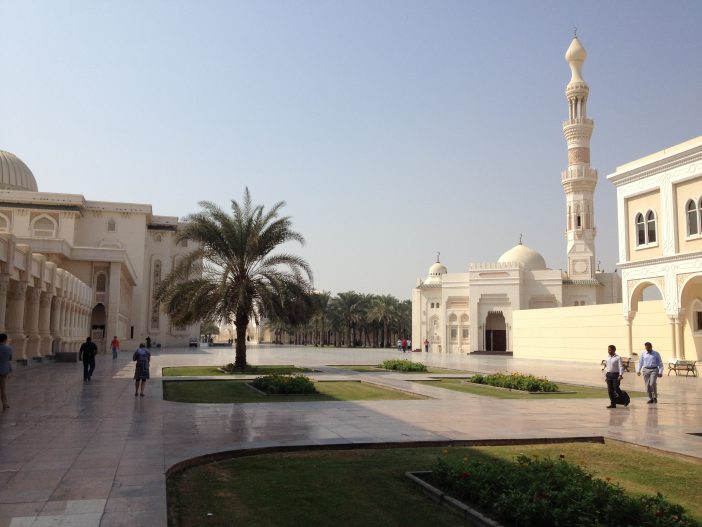Guest Author: Patrick Rudolph
Visiting Dubai and experiencing the pulse of a “mega” city within a study week is the chance of a lifetime. It all began with the dream of discovering Dubai and gaining intercultural experience. But it offered far more! This single week gave us a chance to plunge into a week of luxury indulgence and emotional pleasure. How so, you may ask? If a university gives you the feeling of visiting a palace, you know you’re experiencing luxury at this very moment and that was just the beginning of a stunning week!
The challenge of defining luxury begins with the regional differences of cultures. For example, a Mercedes Benz would be positioned in central Europa as a premium brand, promoting its functionality and outstanding technology. Yet cultural influences in the UAE allows Mercedes to become a luxury brand, focusing on its comfort, social status and the emotional pleasure it gives you.
What is luxury all about in the GCC?
The longing for brands: Heavily influenced by family members.
The quest for indulgence: Keeping up with the latest trends most important.
The need for recognition: Needing to be noticed and to stand out; wanting to be accepted, searching for uniqueness! But, what about *bling*?
Considering cultural differences – for example, Russia compared to the UAE — luxury goods, especially Western products, are seldom visible in public. Within the family structure, social status is shown more directly and the need for recognition is satisfied.

Luxury stereotyping – the way to a new norm
Nick Ashill at the American University of Sharjah helped us, based on his research, to cluster the luxury consumer in the UAE into three basic stereotypes:
- The Gazelle – fashion conscious, brand savvy, self-expressive, active on social media. These few traits describe the young generation of Emiratis who define approximately 25% of the luxury market.
- The Horse – showcase of superiority, social acceptance and peer praise, “I can” brands; very expensive. The traditional UAE luxury consumer makes up approximately 65% of the market.
- The Hawk – distanced from the materialistic world, appreciative of experiences and enjoyment of luxury. This short description defines a new wealthy and self-conscious luxury consumer. The consumer share for this group is less than 10%, but it is the fastest growing luxury stereotype in the UAE. Will this become the new norm?